Good Friday is the darkest day in history, but it is also a day of hope. God has been crucified, but He will rise before long. We know that he will soon rise, but today is a day of solemn grief. The Savior of the World has been handed over to men to be scourged and killed.
We hear the culmination of the Suffering Servant songs in Isaiah’s prophecies. Jesus is “crushed for our sins, pierced for our offenses”. We hear his cry in the Psalm: “Father, into your hands I commend my spirit.” The Son of God experiences the depths of loss, ridicule, and pain. He takes on the weight of our sins.
But this suffering is not all darkness: it bears fruit. Not simply in the sense that it is the occasion for Jesus to show His glory. Christ’s suffering itself is fruitful: “Because of his affliction he shall see light in fullness of days; through his suffering, my servant shall justify many, and their guilt he shall bear” (Isaiah 53:11, my emphasis).
What does this mean? We know that there is a purpose in suffering, but how do we understand that suffering itself can be fruitful, regardless of the result? This is one of the greatest mysteries of our Faith, and it is placed before us on Good Friday.
Jesus Christ freely accepted His Passion, knowing the pain that it would cause Him. He endured the harshest treatment, never losing His peace and never complaining. He knew that He would endure the greatest suffering of all — great because of the pain, infinitely greater because of the sacrilege.
Our Lord did this of His own free will, even in His fully human will, firmly resolving to be conformed to His divine will in the Garden of Gethsemane. He knew full well that He would endure great suffering, and He also knew that it was this that would best atone for the sins of man. If a true man suffered the penalty of sin with the infinite merit of God, the curse would be broken. Our sin, though its guilt can be forgiven, nevertheless merits divine punishment. The suffering itself pays the price.
This is one key truth of suffering. Our suffering is a participation in the Cross. Of course, we need to know what exactly the suffering of Christ on the Cross was meant to accomplish to understand what this means. Being united to Christ’s sufferings means that our sufferings are done in expiation for the sins of men. We are pierced for others’ (and our own) afflictions, just as Christ was pierced for ours. Through His salvific work, our own sufferings bear fruit.
There are many other reasons for suffering, more than could be described in a blog post. But for today, let’s focus on one more reason. For all of the explanations we can give, we never really come to terms with suffering. It never ceases to be painful. However, even in our most difficult times, we can fall back on the firm conviction that Jesus suffered. Not only did He suffer, but He suffered greatly. He suffered the worst pain of all, and did it confidently, preserving His dignity and choosing not to spurn any of it. Though we may not always understand, Jesus Christ will always be with us in our sufferings. That was His choice. Today we celebrate that choice and join Him on Calvary.
 David Dashiell is a freelance writer, editor, and proofreader based in the Pittsburgh, Pennsylvania area. His writing has been featured in Crisis Magazine and The Imaginative Conservative, and his editing is done for a variety of publishers, such as Sophia Institute and Scepter. He can be reached at ddashiellwork@gmail.com.
David Dashiell is a freelance writer, editor, and proofreader based in the Pittsburgh, Pennsylvania area. His writing has been featured in Crisis Magazine and The Imaginative Conservative, and his editing is done for a variety of publishers, such as Sophia Institute and Scepter. He can be reached at ddashiellwork@gmail.com.
Feature Image Credit: Angelo Senchuke, LC, https://www.cathopic.com/photo/10001-cruz-murio-hijo-dios
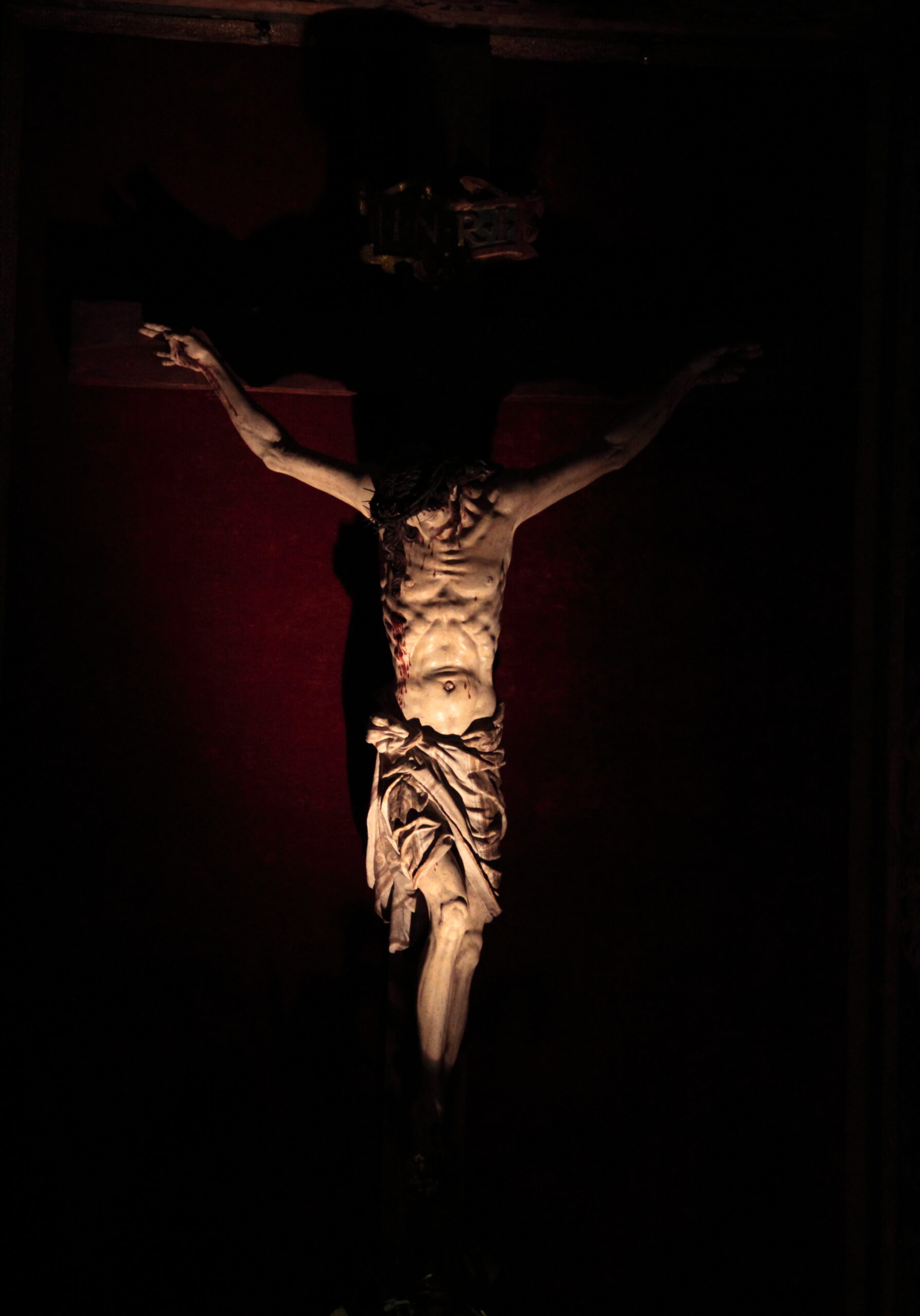
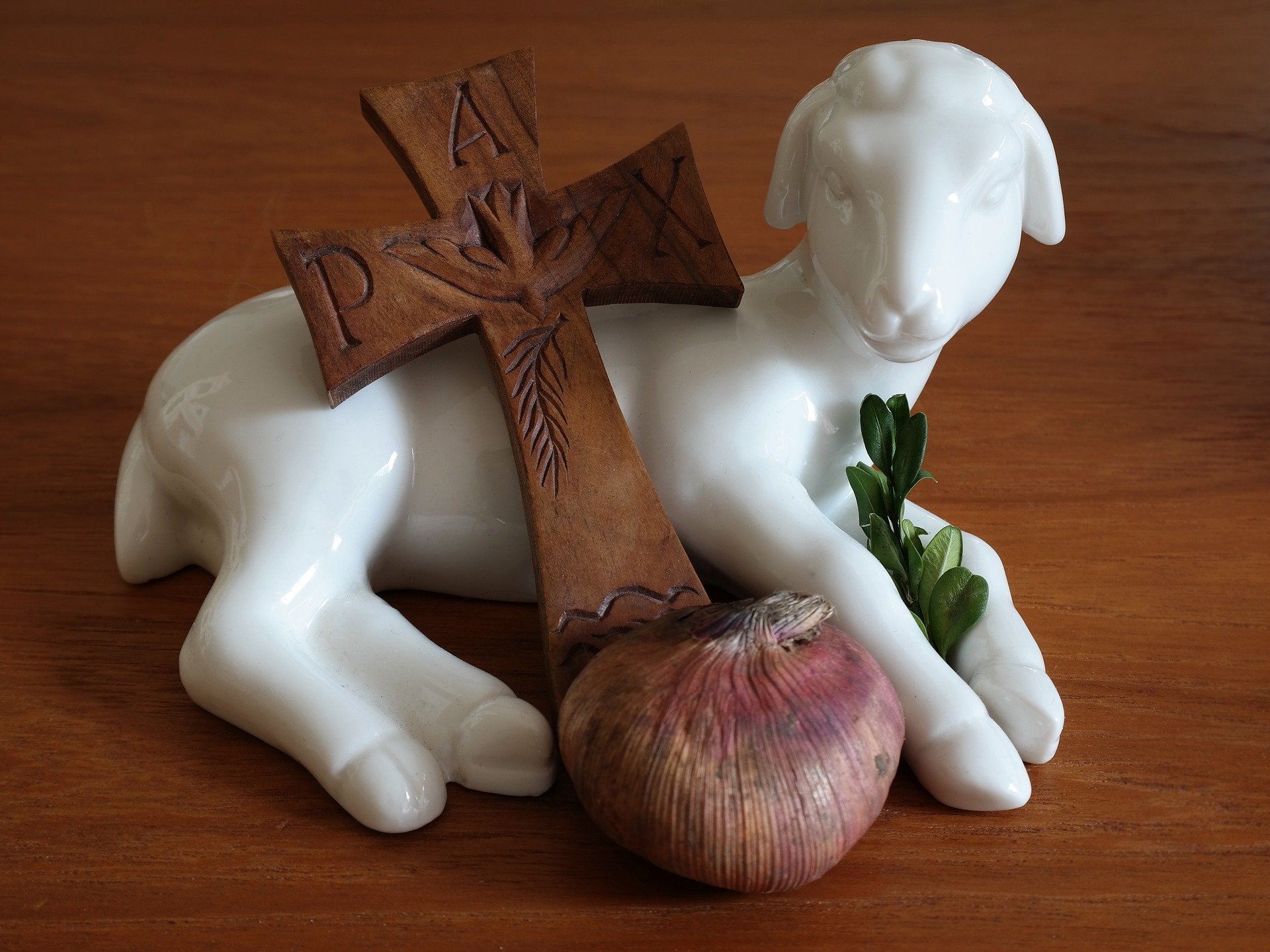
 J.M. Pallas has had a lifelong love of Scriptures. When she is not busy with her vocation as a wife and mother to her “1 Samuel 1” son, or her vocation as a public health educator, you may find her at her parish women’s bible study, affectionately known as “The Bible Chicks.”
J.M. Pallas has had a lifelong love of Scriptures. When she is not busy with her vocation as a wife and mother to her “1 Samuel 1” son, or her vocation as a public health educator, you may find her at her parish women’s bible study, affectionately known as “The Bible Chicks.”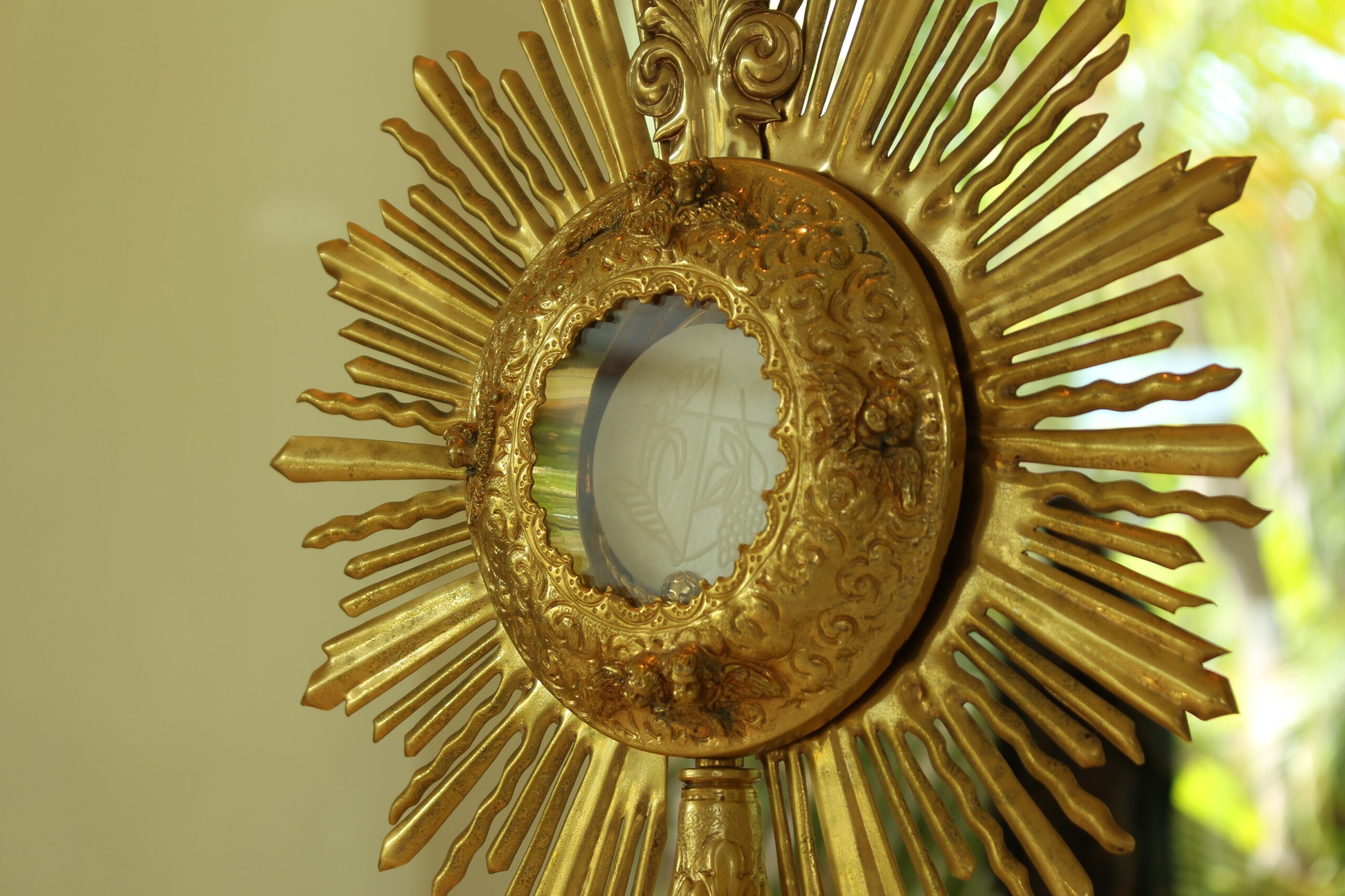
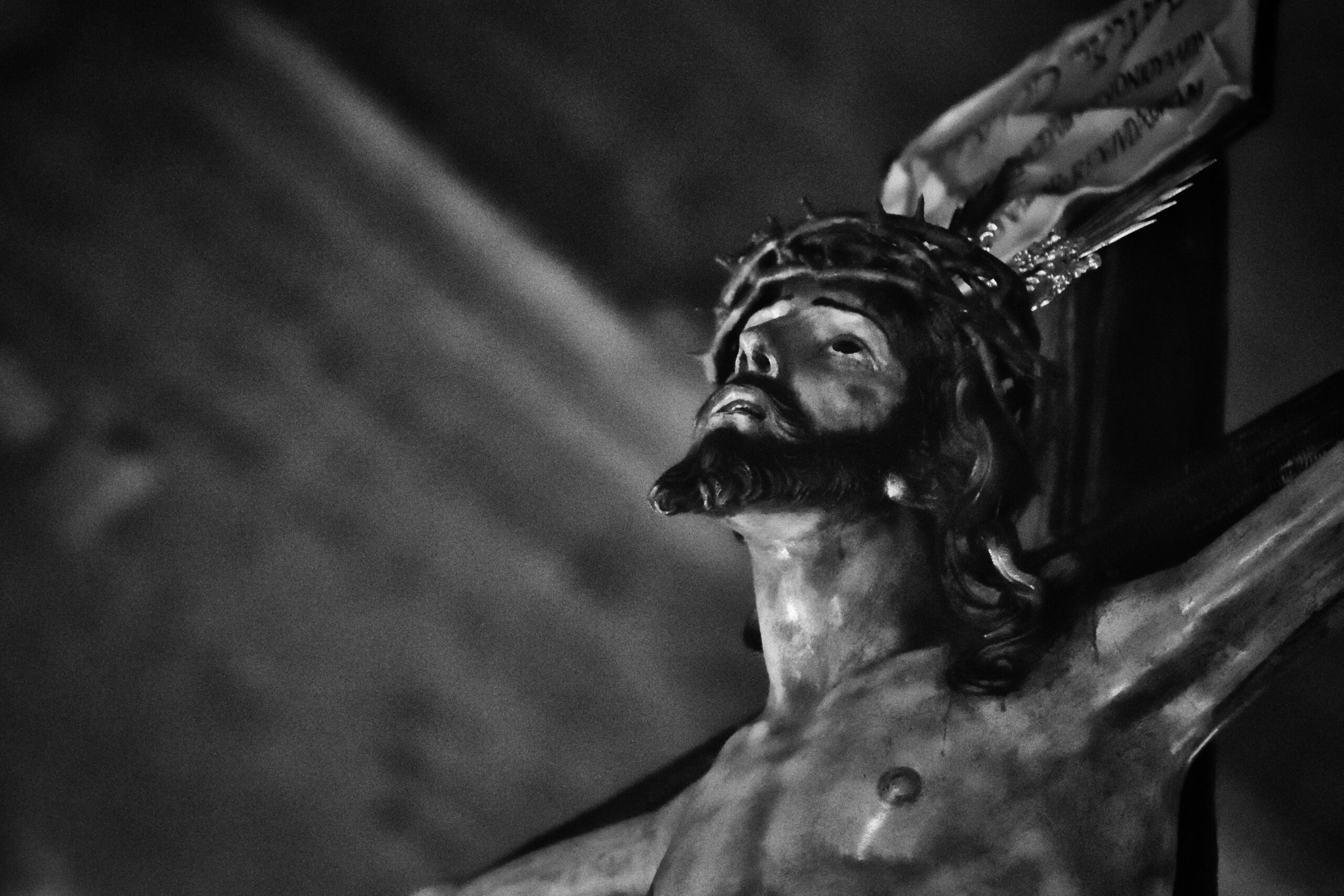
 Kathryn Mulderink, MA, is married to Robert, Station Manager for Holy Family Radio. Together they have seven children (including newly ordained Father Rob and seminarian Luke ;-), and two grandchildren. She is a Secular Discalced Carmelite and has published five books and many articles. Over the last 25 years, she has worked as a teacher, headmistress, catechist, Pastoral Associate, and DRE. Currently, she serves the Church as a writer and voice talent for Catholic Radio, by publishing and speaking, and by collaborating with the diocesan Office of Catechesis, various parishes, and other ministries to lead others to encounter Christ and engage their faith. Her website is
Kathryn Mulderink, MA, is married to Robert, Station Manager for Holy Family Radio. Together they have seven children (including newly ordained Father Rob and seminarian Luke ;-), and two grandchildren. She is a Secular Discalced Carmelite and has published five books and many articles. Over the last 25 years, she has worked as a teacher, headmistress, catechist, Pastoral Associate, and DRE. Currently, she serves the Church as a writer and voice talent for Catholic Radio, by publishing and speaking, and by collaborating with the diocesan Office of Catechesis, various parishes, and other ministries to lead others to encounter Christ and engage their faith. Her website is 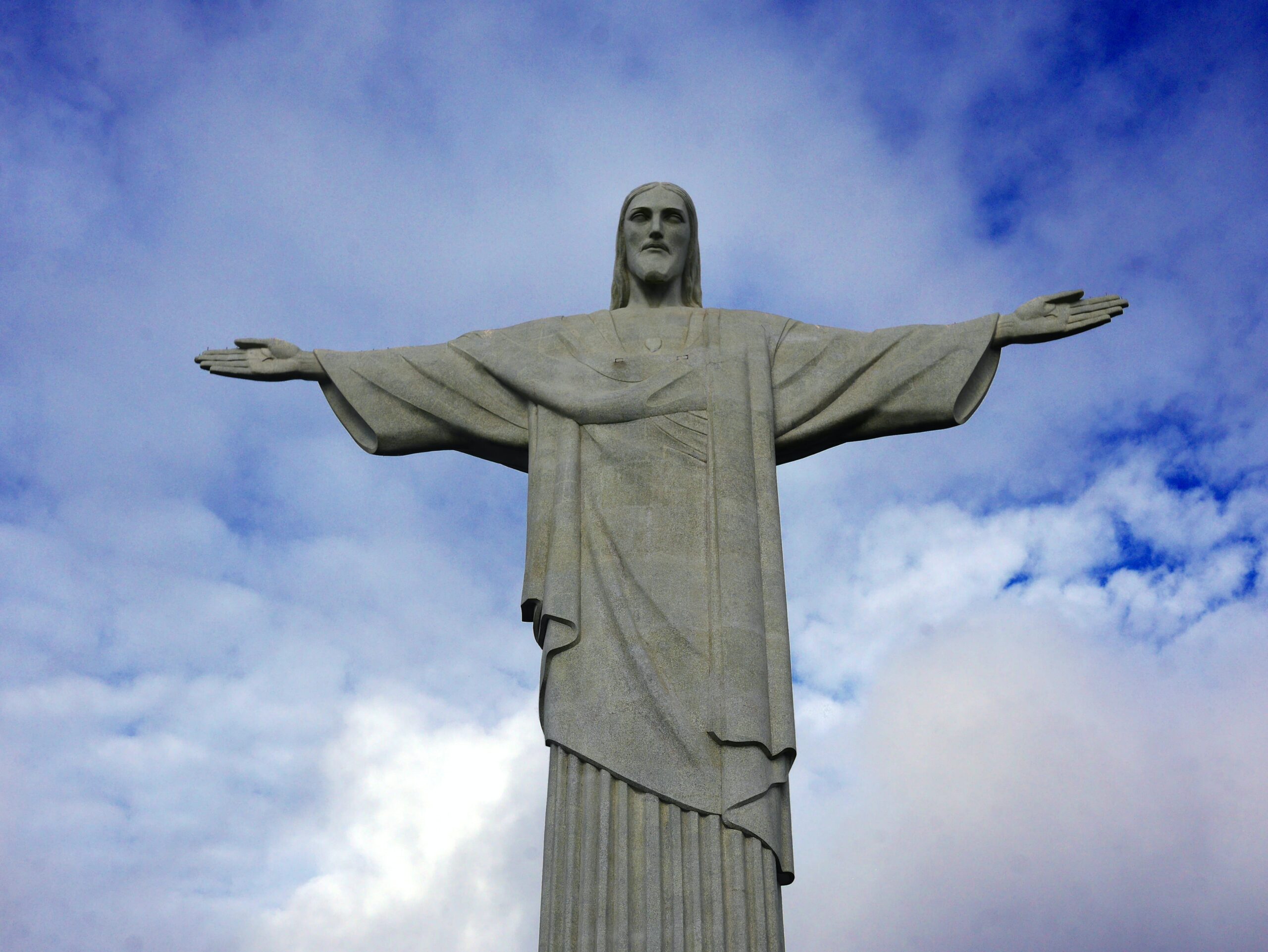
 Susan Ciancio has a BA in psychology and a BA in sociology from the University of Notre Dame, with an MA in liberal studies from Indiana University. For the past 17 years, she has worked as a professional editor and writer, editing both fiction and nonfiction books, magazine articles, blogs, educational lessons, professional materials and website content. Eleven of those years have been in the pro-life sector. Currently Susan freelances and writes weekly for HLI, edits for American Life League, and is the editor of Celebrate Life Magazine. She also serves as executive editor for the Culture of Life Studies Program-an educational nonprofit program for K-12 students.
Susan Ciancio has a BA in psychology and a BA in sociology from the University of Notre Dame, with an MA in liberal studies from Indiana University. For the past 17 years, she has worked as a professional editor and writer, editing both fiction and nonfiction books, magazine articles, blogs, educational lessons, professional materials and website content. Eleven of those years have been in the pro-life sector. Currently Susan freelances and writes weekly for HLI, edits for American Life League, and is the editor of Celebrate Life Magazine. She also serves as executive editor for the Culture of Life Studies Program-an educational nonprofit program for K-12 students.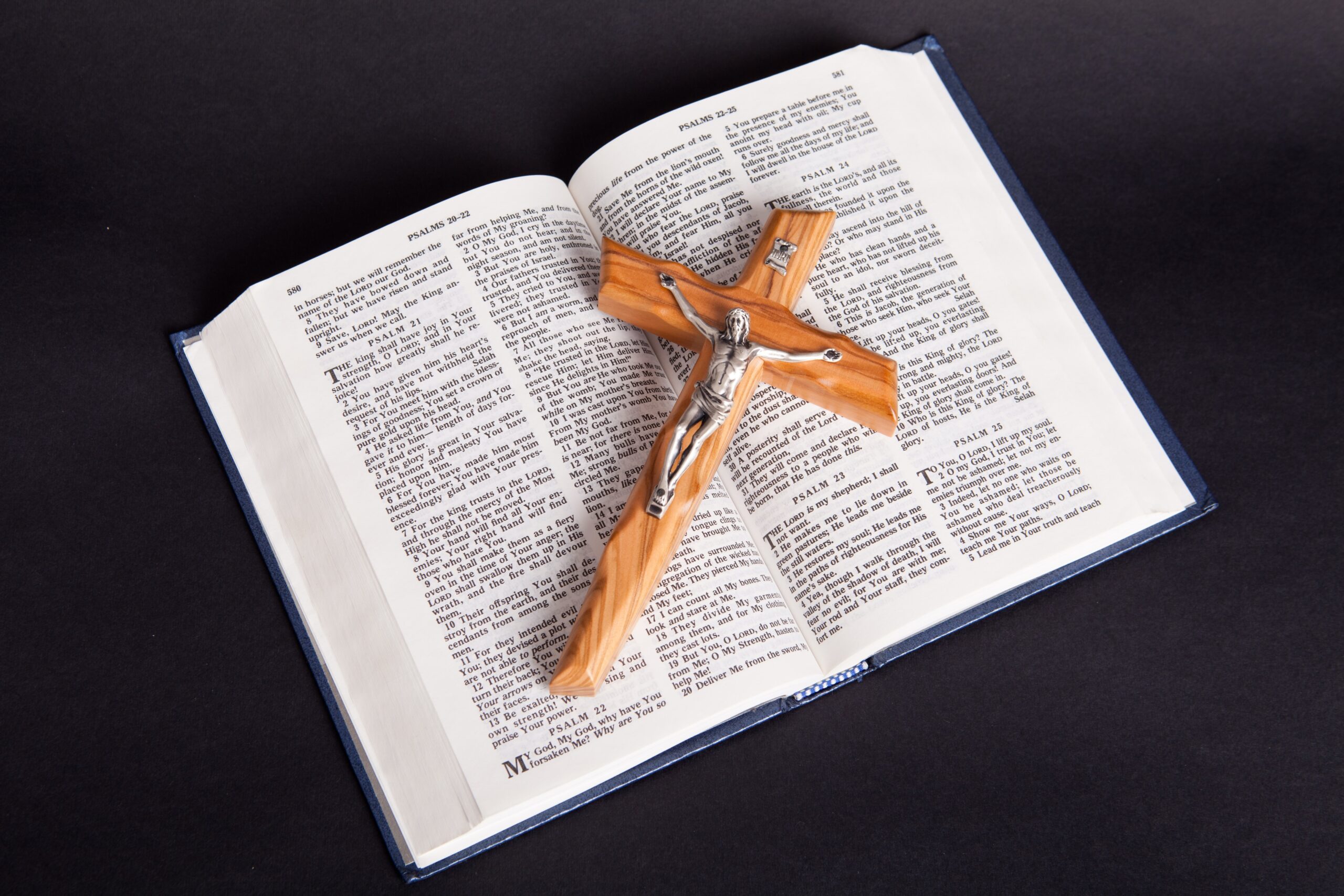
 Dr. Alexis Dallara-Marsh is a board-certified neurologist who practices in Bergen County, NJ. She is a wife to her best friend, Akeem, and a mother of two little ones on Earth and two others in heaven above.
Dr. Alexis Dallara-Marsh is a board-certified neurologist who practices in Bergen County, NJ. She is a wife to her best friend, Akeem, and a mother of two little ones on Earth and two others in heaven above.


 Beth Price is part of the customer care team at Diocesan. She brings a unique depth of experience to the group due to her time spent in education, parish ministries, sales and the service industry over the last 25 yrs. She is a practicing spiritual director as well as a
Beth Price is part of the customer care team at Diocesan. She brings a unique depth of experience to the group due to her time spent in education, parish ministries, sales and the service industry over the last 25 yrs. She is a practicing spiritual director as well as a 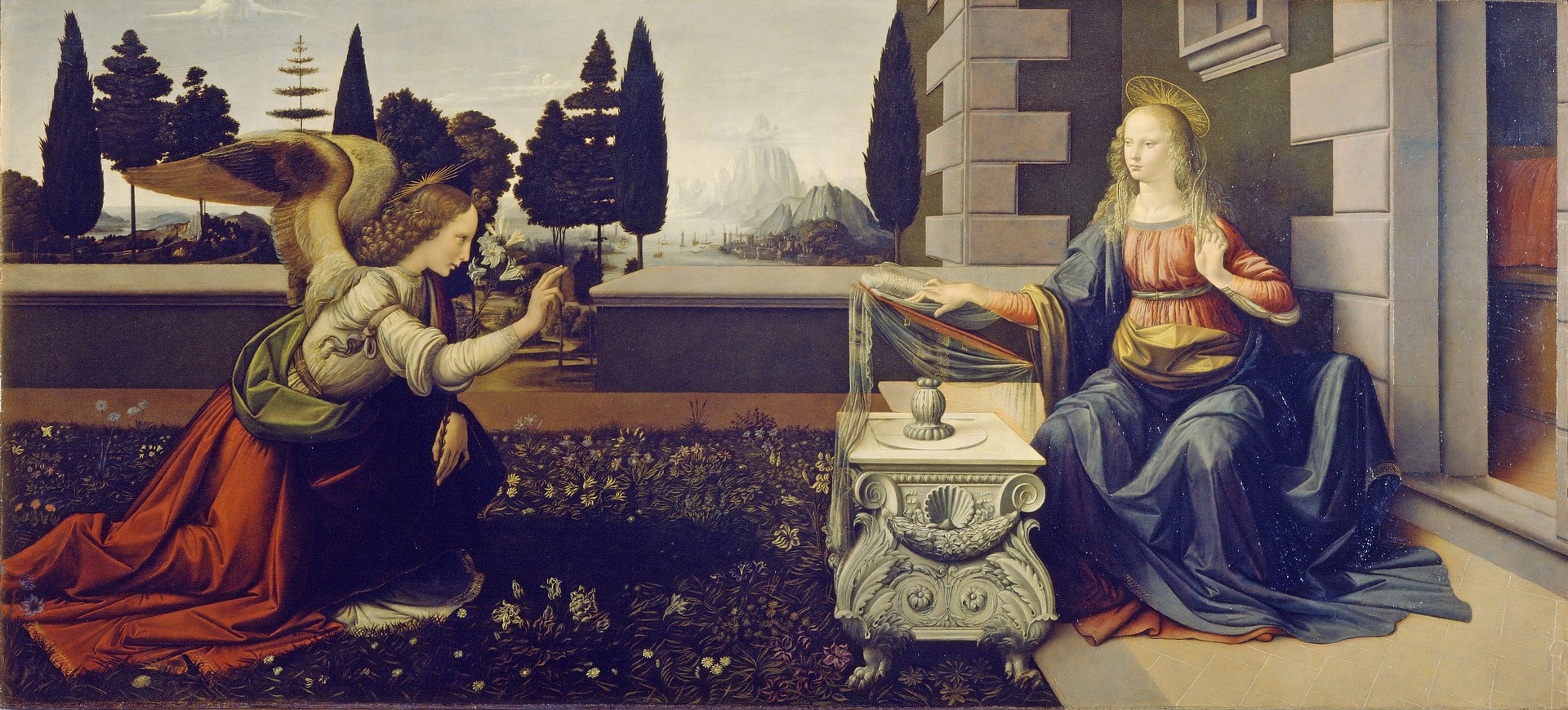
 Dakota currently lives in Denver, CO and teaches English Language Development and Spanish to high schoolers. She is married to the love of her life, Ralph. In her spare time, she reads, goes to breweries, and watches baseball. Dakota’s favorite saints are St. John Paul II (how could it not be?) and St. José Luis Sánchez del Río. She is passionate about her faith and considers herself blessed at any opportunity to share that faith with others. Check out more of her writing at
Dakota currently lives in Denver, CO and teaches English Language Development and Spanish to high schoolers. She is married to the love of her life, Ralph. In her spare time, she reads, goes to breweries, and watches baseball. Dakota’s favorite saints are St. John Paul II (how could it not be?) and St. José Luis Sánchez del Río. She is passionate about her faith and considers herself blessed at any opportunity to share that faith with others. Check out more of her writing at 
 Veronica Alvarado is a born and raised Texan currently living in Michigan. Since graduating from Texas A&M University, Veronica has published various articles in the Catholic Diocese of Austin’s official newspaper, the Catholic Spirit, and other local publications. She now works as the Content Specialist in Diocesan’s Web Department.
Veronica Alvarado is a born and raised Texan currently living in Michigan. Since graduating from Texas A&M University, Veronica has published various articles in the Catholic Diocese of Austin’s official newspaper, the Catholic Spirit, and other local publications. She now works as the Content Specialist in Diocesan’s Web Department.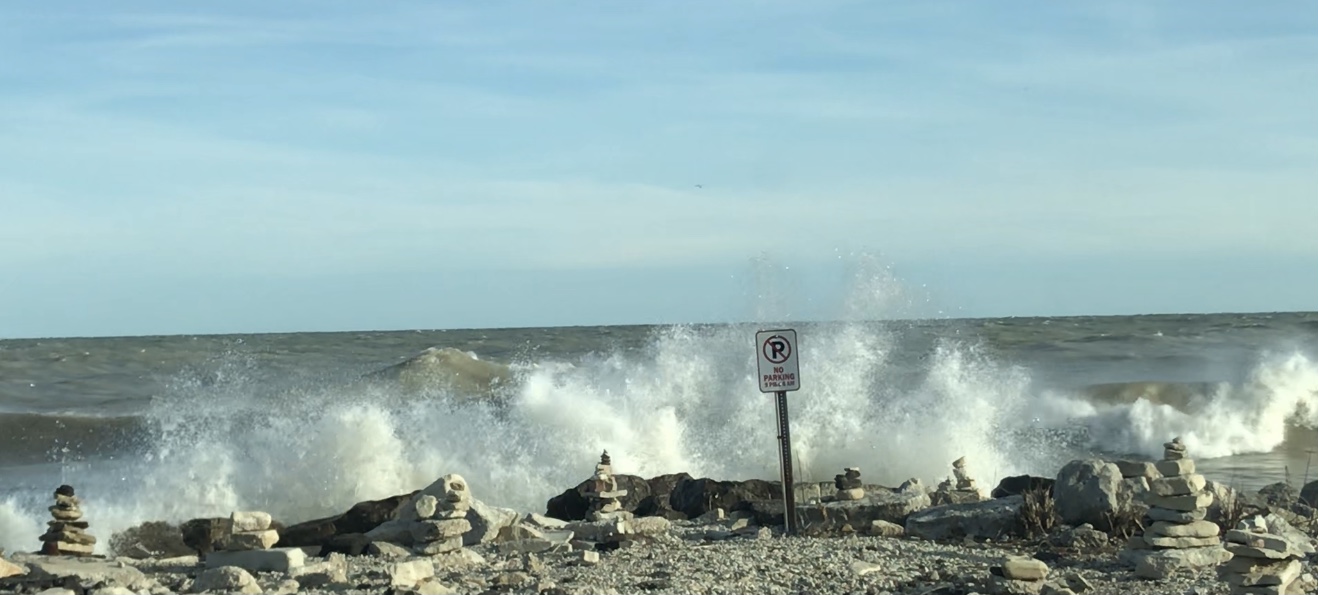
 Merridith Frediani’s perfect day includes prayer, writing, unrushed morning coffee, reading, tending to dahlias, and playing Sheepshead with her husband and three kids. She loves finding God in the silly and ordinary. She writes for Ascension Press, Catholic Mom, and her local Catholic Herald in Milwaukee. Her first book Draw Close to Jesus: A Woman’s Guide to Eucharistic Adoration is expected to be released summer 2021. You can reach her at
Merridith Frediani’s perfect day includes prayer, writing, unrushed morning coffee, reading, tending to dahlias, and playing Sheepshead with her husband and three kids. She loves finding God in the silly and ordinary. She writes for Ascension Press, Catholic Mom, and her local Catholic Herald in Milwaukee. Her first book Draw Close to Jesus: A Woman’s Guide to Eucharistic Adoration is expected to be released summer 2021. You can reach her at 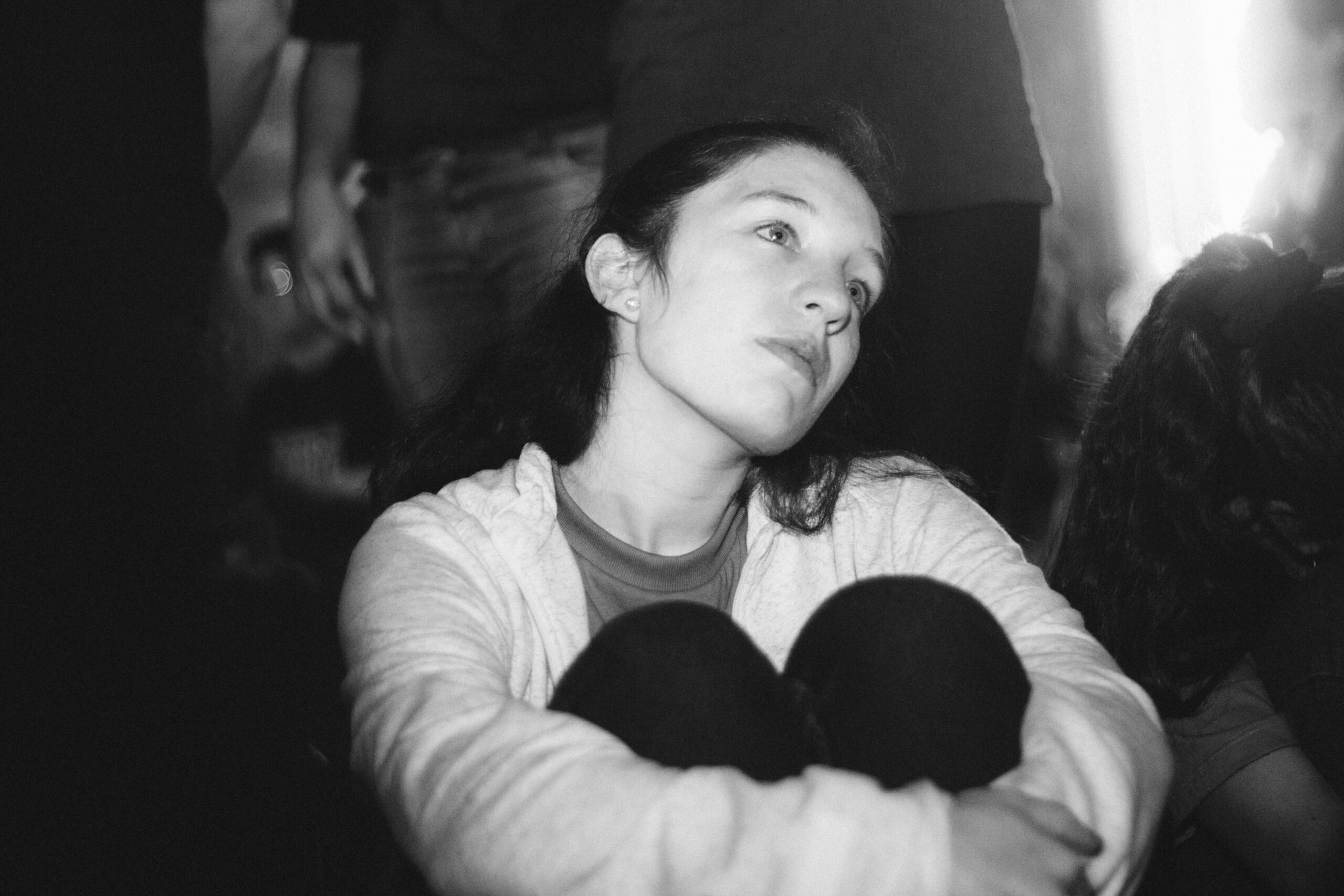
 Perpetua Phelps is a high school student residing in West Michigan and is the second of four children. Apart from homeschooling, Perpetua enjoys volunteering at her church, attending retreats, studying Latin and French, and reading classics such as Beowulf, The Lord of the Rings, C.S. Lewis’ Space Trilogy, and Mark Twain’s Joan of Arc. She also spends much time writing novels, essays, and poetry for fun and competition. A passionate Tolkien fan, Perpetua is a founding member of a Tolkien podcast.
Perpetua Phelps is a high school student residing in West Michigan and is the second of four children. Apart from homeschooling, Perpetua enjoys volunteering at her church, attending retreats, studying Latin and French, and reading classics such as Beowulf, The Lord of the Rings, C.S. Lewis’ Space Trilogy, and Mark Twain’s Joan of Arc. She also spends much time writing novels, essays, and poetry for fun and competition. A passionate Tolkien fan, Perpetua is a founding member of a Tolkien podcast.